The standardisation and accuracy of human timekeeping has improved by leaps and bounds over the millennia – from tracing the stars, to the invention of timepieces, to the atomic ‘clocks’ of today. But for all our efforts, the concept of time, including whether it’s little more than an illusion of human psychology, remains deeply puzzling. In this interview with Robert Lawrence Kuhn for the PBS series Closer to Truth, the independent British physicist Julian Barbour endeavours to distinguish between our experience of time and its scientific underpinnings, including what has and hasn’t changed about our conception of time since we first looked to the skies to measure it.
From sky charts to atomic clocks, time is a mysterious story that humans keep inventing
Video by Closer to Truth
6 December 2019
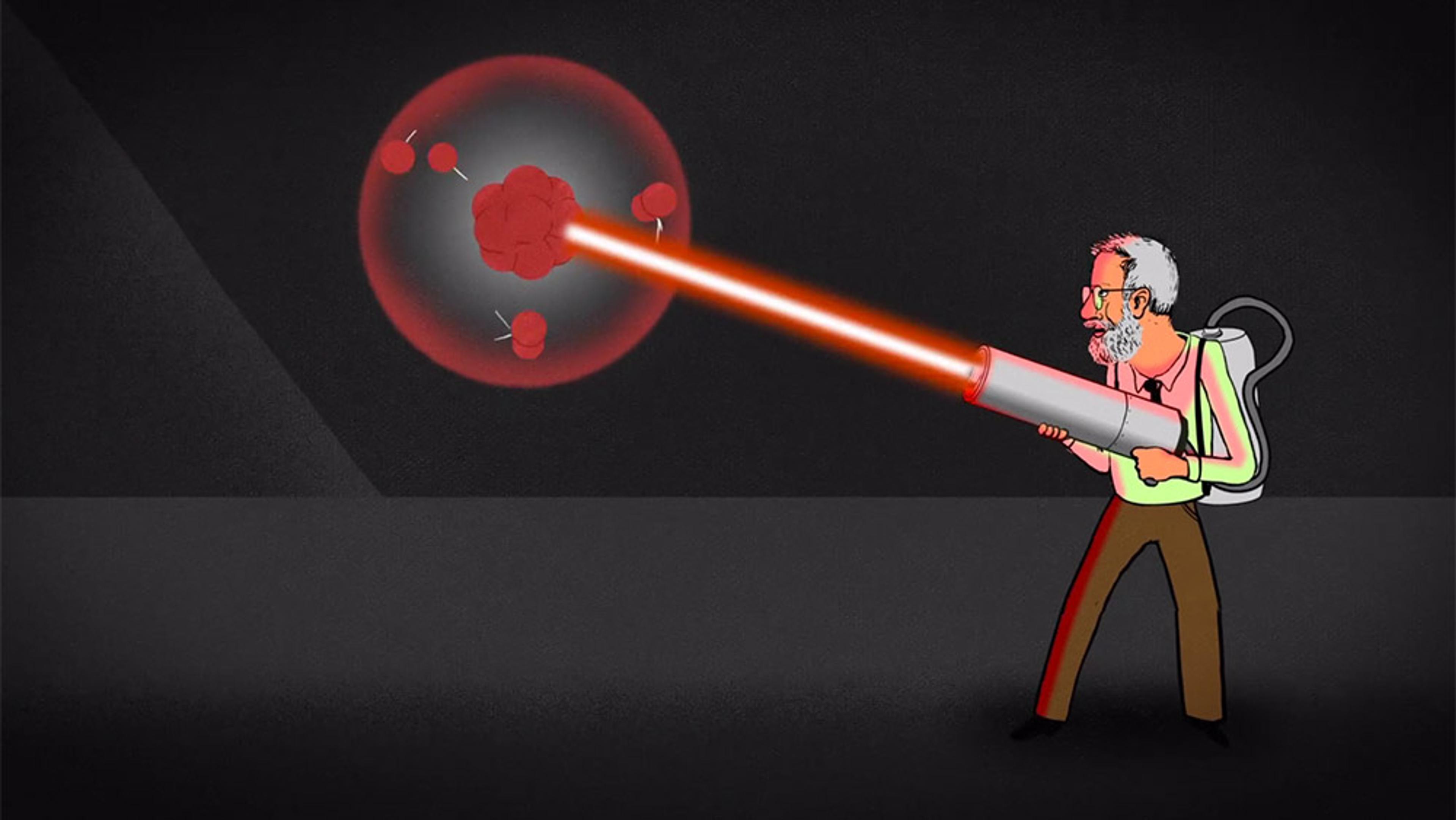
videoPhysics
How ticking atoms keep ultra-precise time for globe-connecting technologies
2 minutes
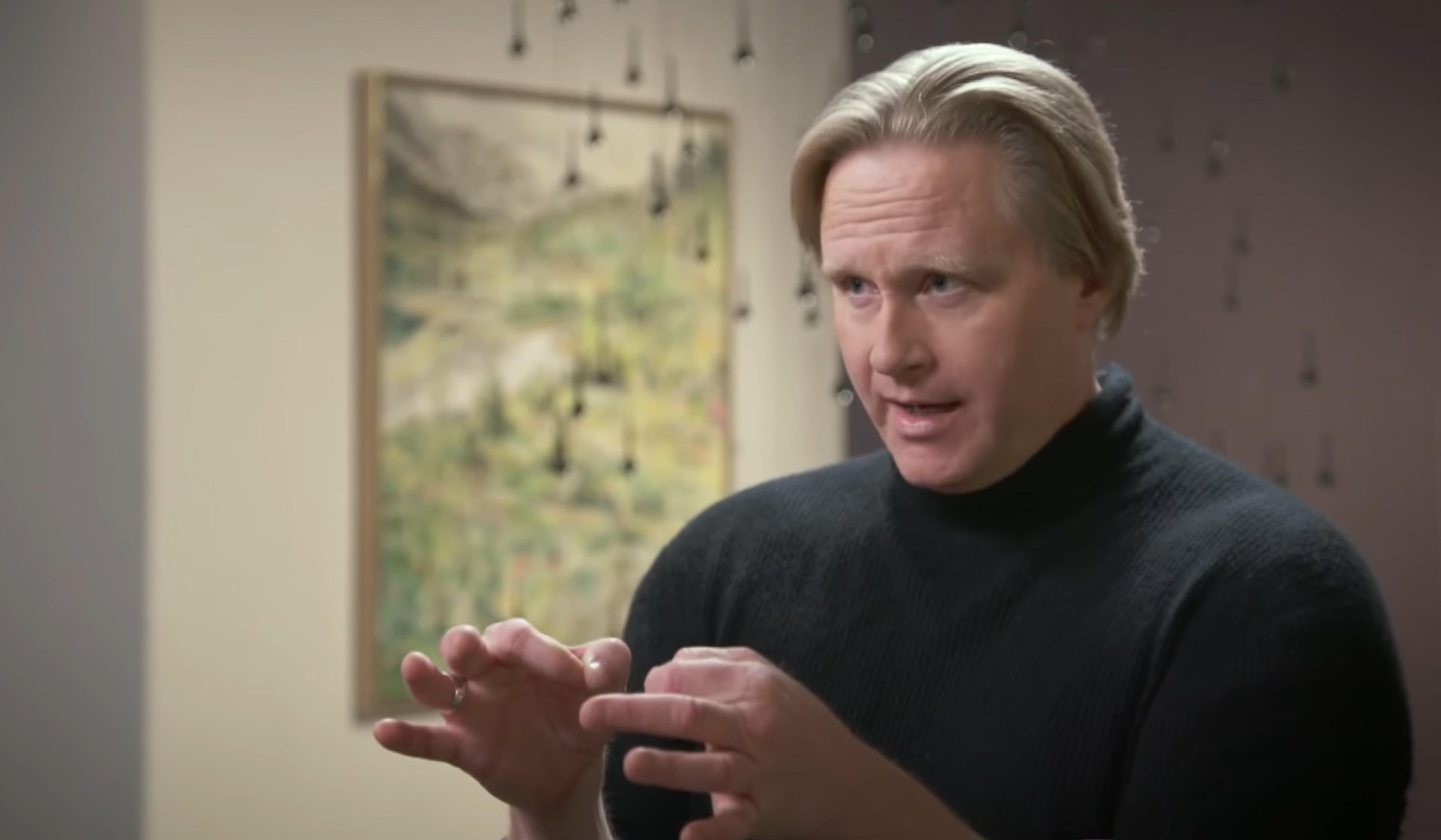
videoQuantum theory
Mind-bending new quantum experiments are blurring past, present and future
10 minutes
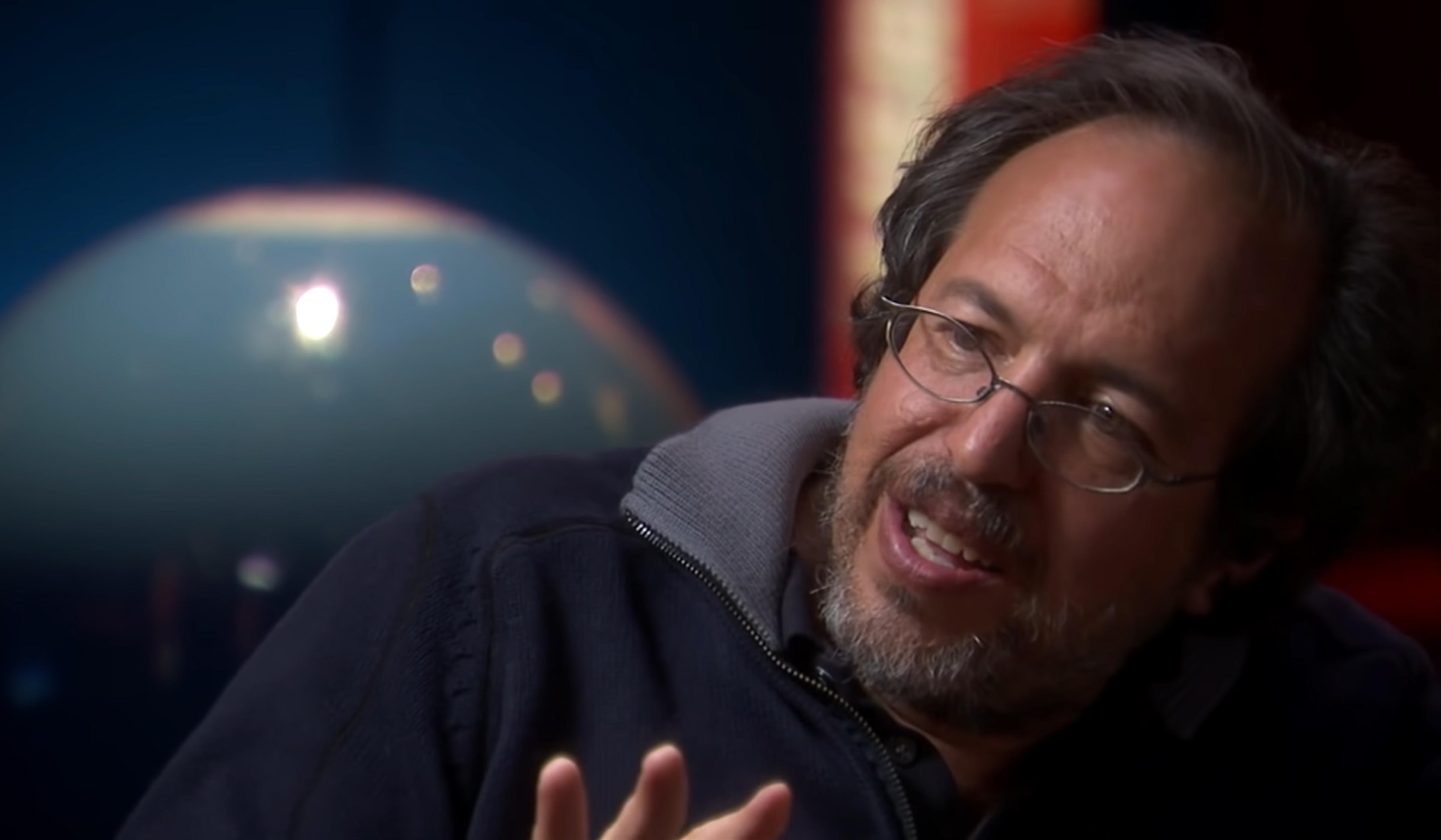
videoPhysics
Time is fundamental, space is emergent – why physicists are rethinking reality
9 minutes

videoEngineering
How water-based clocks revolutionised the way we measure time
10 minutes
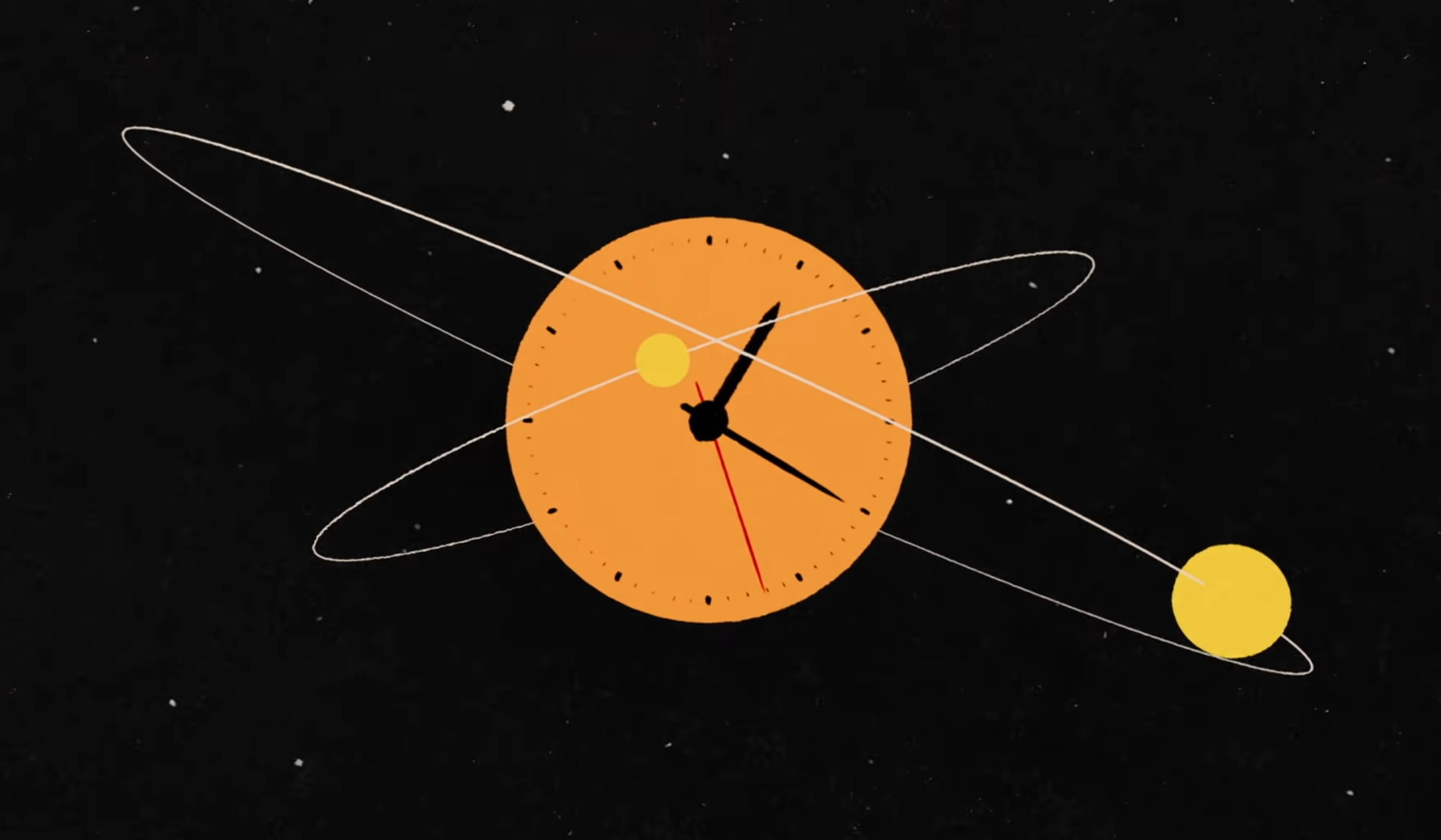
videoChemistry
There was nothing quick about how we arrived at the standardised second
6 minutes
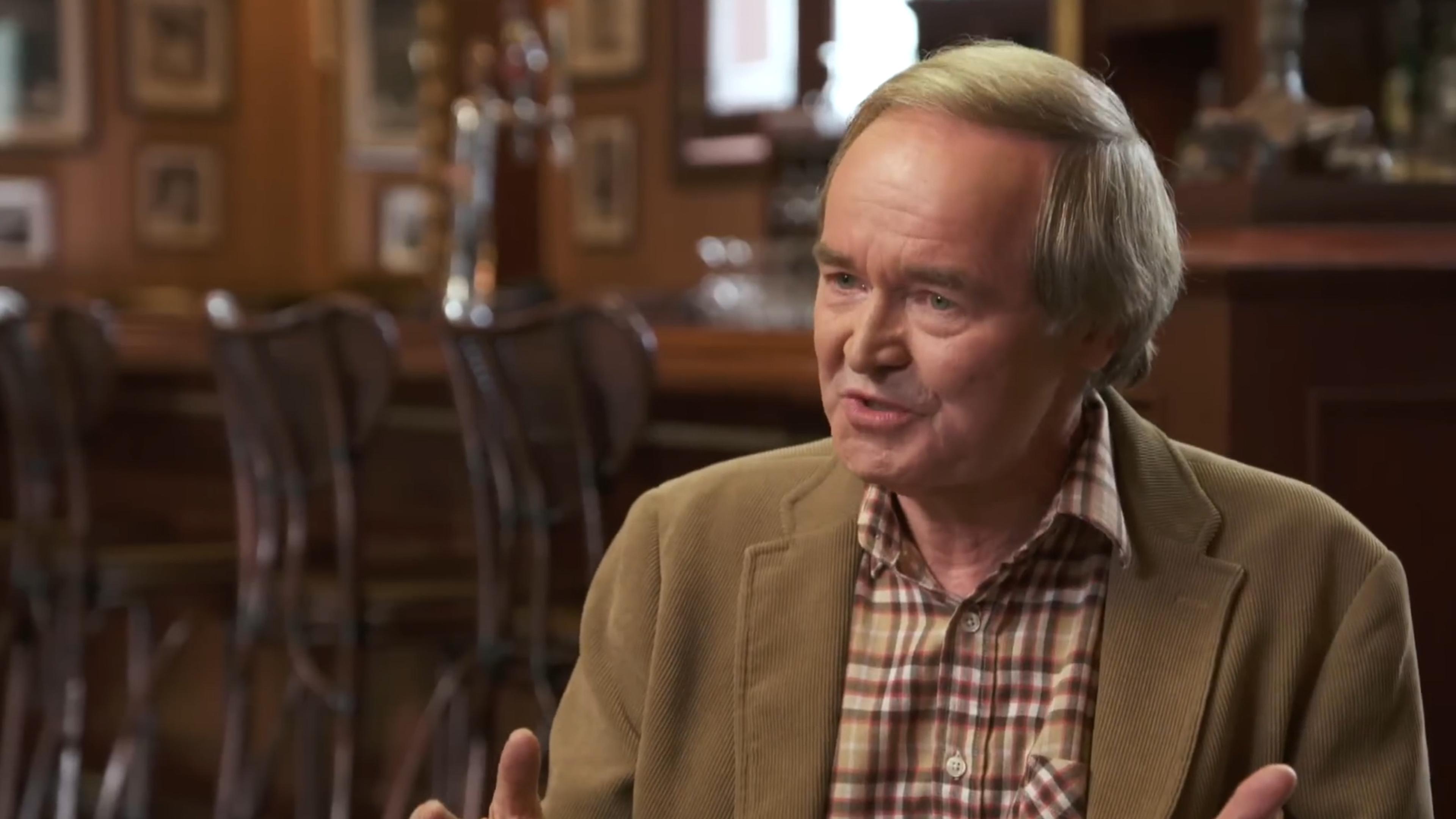
videoCosmology
Are observers fundamental to physics, or simply byproducts of it?
10 minutes


